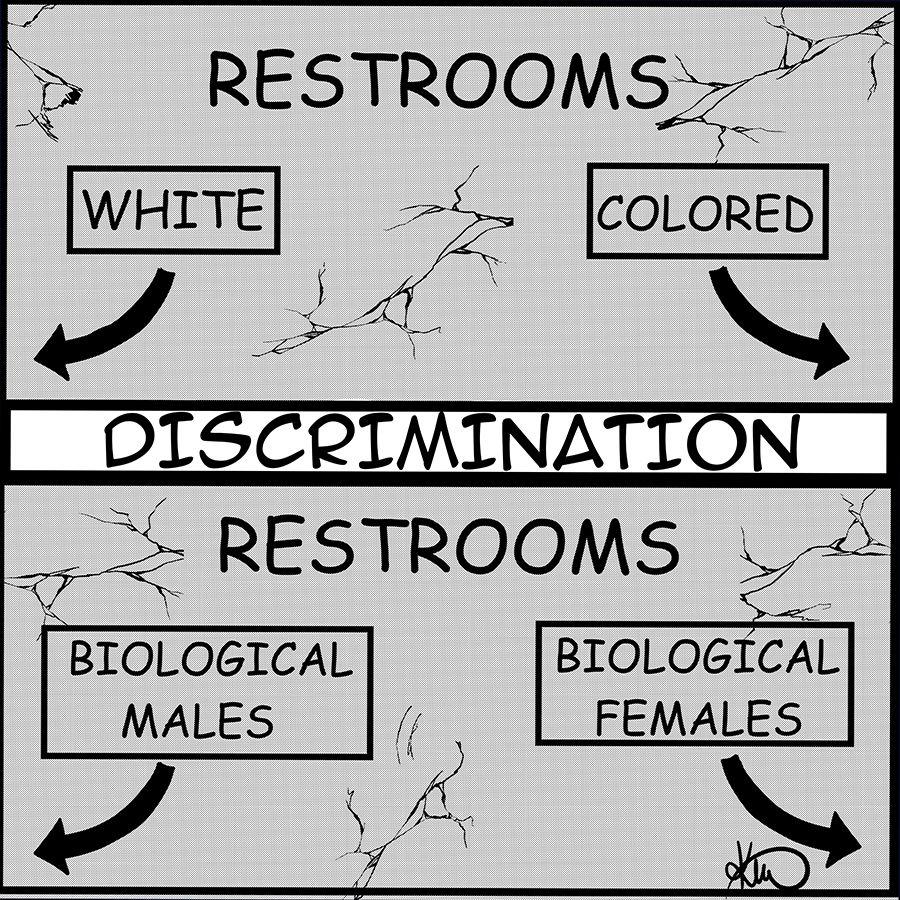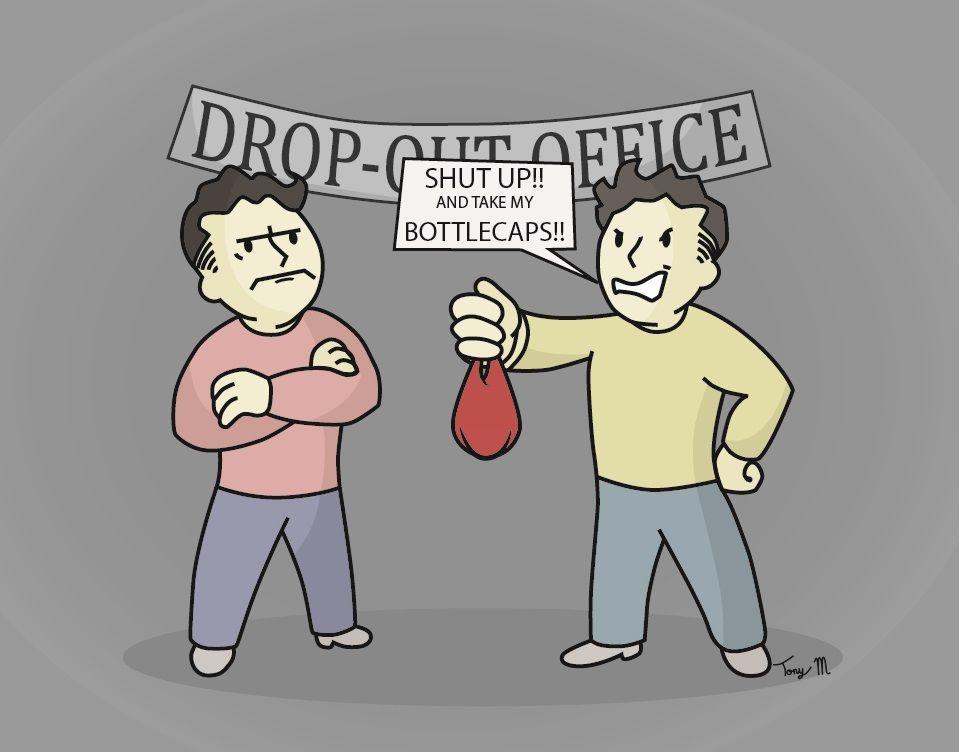My friend and I were talking about nihilism. She said she had more of a nihilistic outlook, which then sparked an entire conversation/argument about what matters and doesn’t matter, perspectives, the nature of truth, relativism and the definition of matter. Eventually we did a complete circle, and she realized that I wasn’t understanding what she was saying, and I realized that she wasn’t being very clear in what she was saying. Basically we came to the conclusion that she wasn’t actually a nihilist. The point is that maybe the hour-long argument could have been shortened if we had known how to communicate better.
A lot of problems could be solved if people had better communication skills — gridlock in congress, social issues and heated arguments with your uncle during Thanksgiving dinner. This is why the word “argument” has come to mean two people getting mad and yelling at each other until one eventually gives up, when an argument should be something much more purposeful. This is not to say that an argument in everyday conversation must be a formal argument with explicitly stated theses and premises, but maybe we should try to give the communication of our ideas more thought. Or actually have another purpose to our communication other than “winning.” If winning is the main goal when you try to communicate your ideas, then you’re not really conveying an idea to be fairly considered or to actually reach truth.
Most English classes that I’ve been in, in high school and college, require that you are able to present an opinion and argue for that opinion in the form of a paper. Almost every paper that a student writes includes a thesis and support for that thesis. And while this is beneficial for encouraging students to think through a claim more thoroughly, is this applicable to everyday communication? Young people need more practice in communicating with other people through humanistic means — namely, actually talking to another person. While some classes do encourage open discourse, I don’t think that it is pushed enough. In English classes especially, the conversation should be held as important as paper writing and graded just like a written paper.
Most people will never have to write a paper after graduating, but everyone will have to interact with people if he or she wants to be a functioning individual in society. If schooling in general is about educating individuals, a major part of that education should be being able to function in society, and without the necessary communication skills, that will be difficult for less articulate individuals.
Schools should be releasing students who can contribute to the progression of society. A major component of improving a society is the contribution of different perspectives and different means of solving problems, and if those students can’t express themselves, then they won’t be able to contribute much to the society.
English 101 at NC State, and I’m sure at other universities as well, is very basic. Although this class should be seen as an opportunity to learn how to express themselves, most students dread it. Even as an English major, I kind of hated it.
After English 101, students not majoring in English will most likely only have to take one other class that focuses on communication.
Not only should English 101 be changed to a more conversational format, but also a student should have to take a course that focuses on communication every semester, and furthermore, all classes should try to encourage more open discourse. In a large, lecture-based class this may be difficult, but not impossible. Even in an online classroom, discourse isn’t impossible, although physical interaction with humans would be preferable.
Open discourse catalyzes the discovery of truth. Different perspectives mean different ways of looking at issues, thus giving us more of a chance of getting closer to the truth. This concept of discovering truth seems vague and impalpable, but it’s applicable to all issues, such as questions of morality, laws and everyday life decisions.
Even if you couldn’t care less about truth, you still need to be able to communicate with others to not only do mostly any job but also to be a functioning member of society.


















